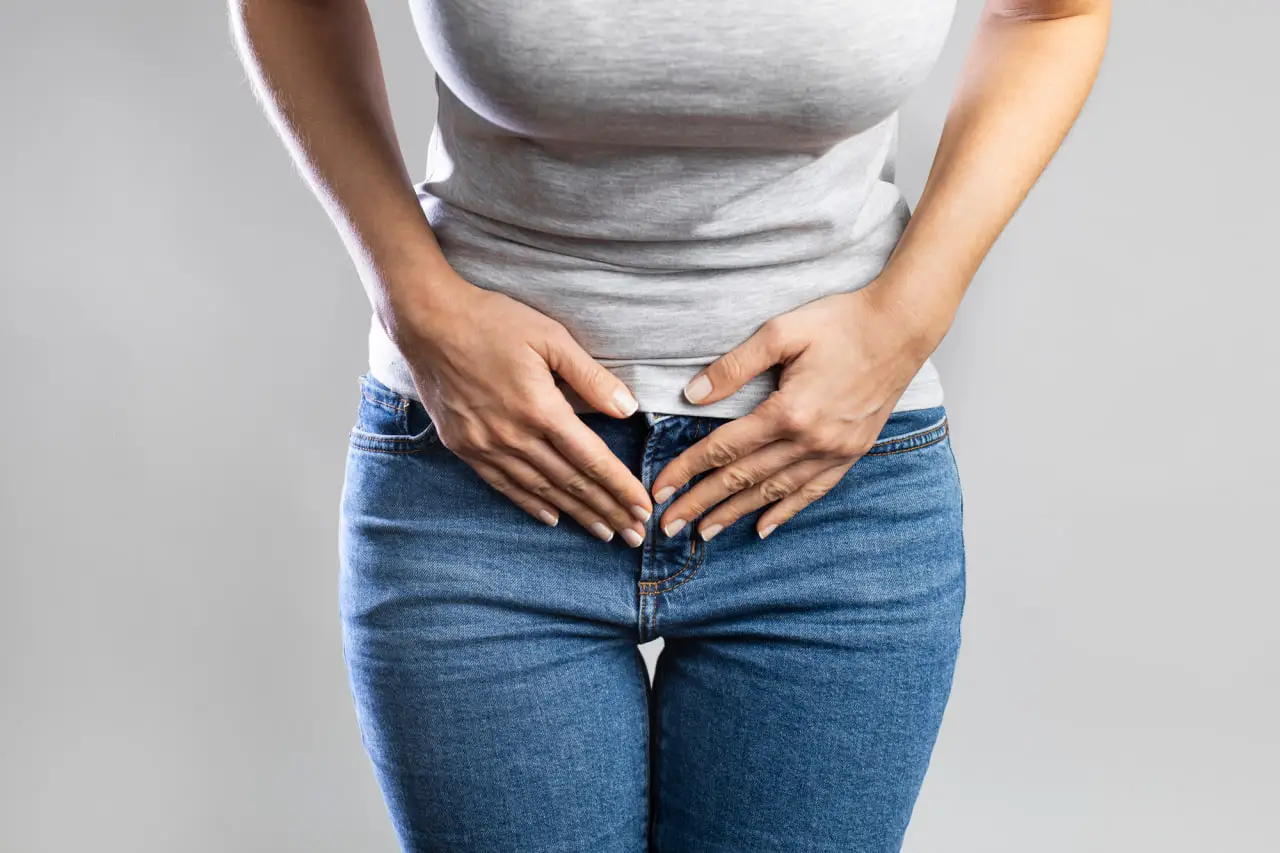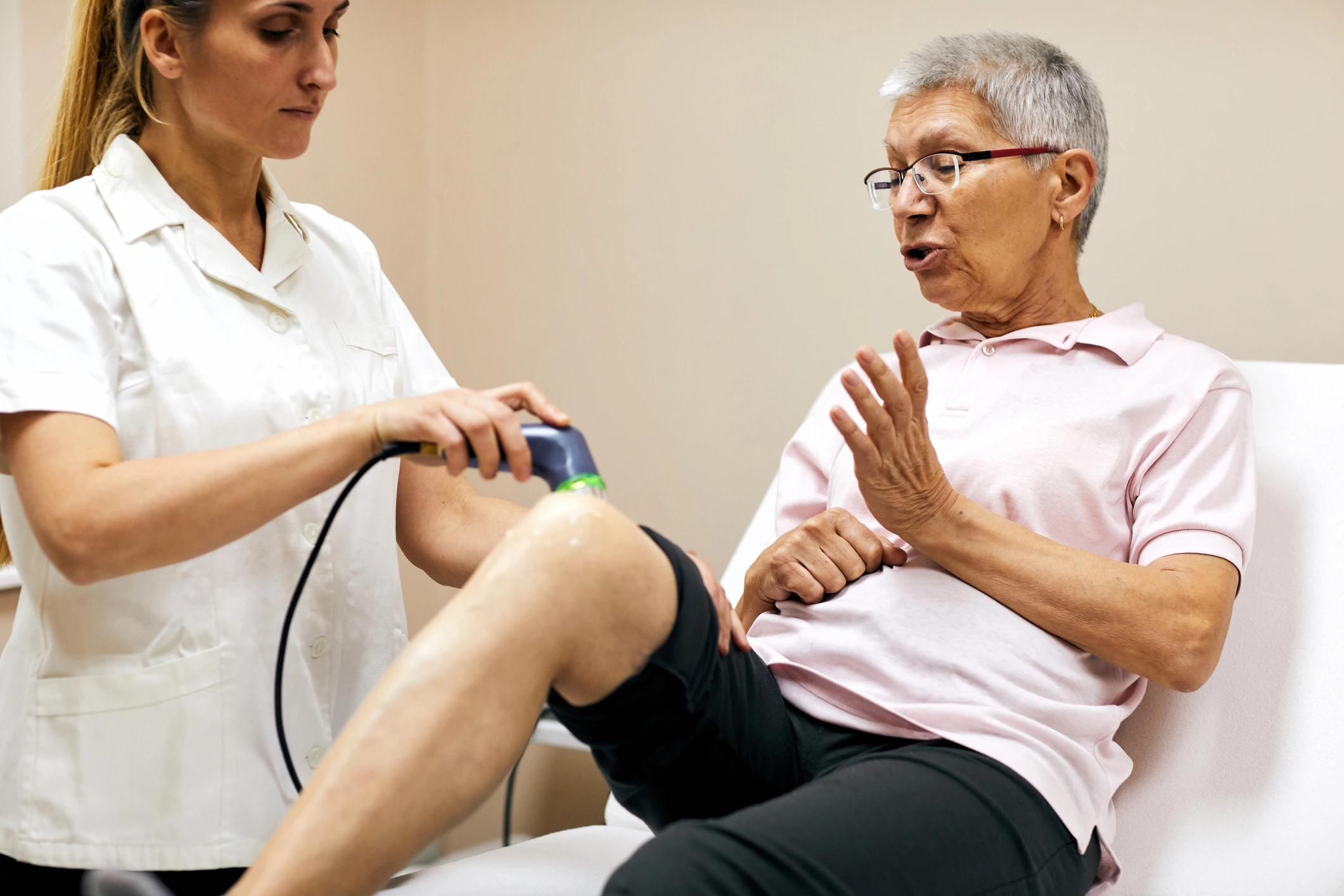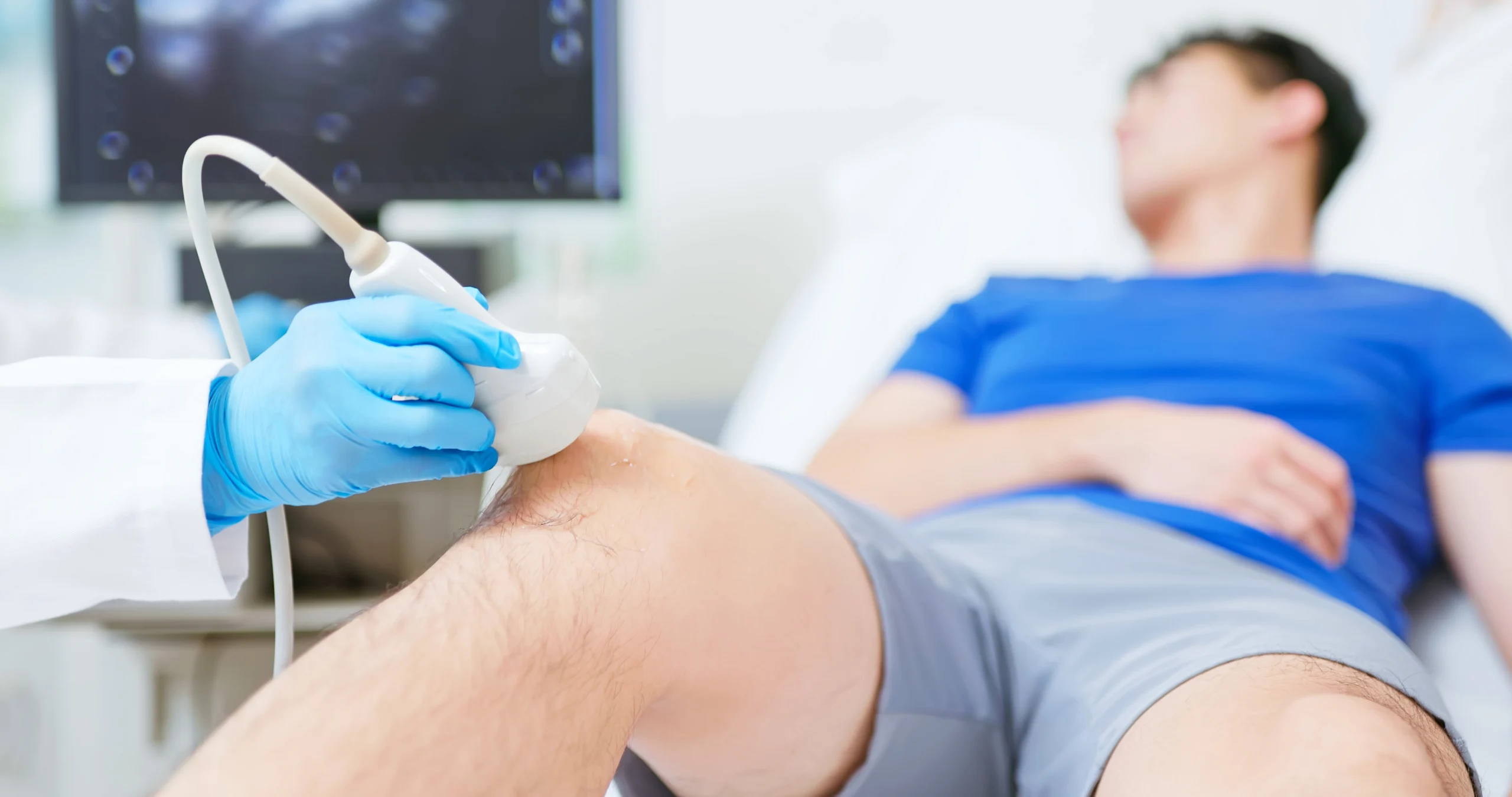Get Help For Interstitial Cystitis Pain
Interstitial cystitis (IC) is a chronic medical condition that results in persistent bladder and pelvic pain. At NextPain Care, we aim to provide relief from the pain and other symptoms associated with IC.
Our comprehensive three-level approach, starting with non-invasive methods and progressing to advanced options when needed, aims to manage interstitial cystitis effectively. Through our treatment plan, we strive to provide relief from symptoms and support you in improving your overall quality of life.
Schedule Your Consultation!

What we do
Manage The Aching and Throbbing Pain From Interstitial Cystitis
Interstitial cystitis causes chronic bladder inflammation, which can result in bladder and pelvic pain and lead to frequent and sometimes painful urination. It has been known to cause patients to urinate up to 50 or 60 times a day, which is incredibly debilitating.
In fact, research has suggested that the effect it has on one’s quality of life is comparable to that of a patient suffering from cancer-related pain or undergoing kidney dialysis.
Unfortunately, it’s also a more common condition than you might think – it’s estimated that roughly three to eight million women and one to four million men suffer from IC in the U.S. However, if you suffer from chronic pain caused by IC, there is hope.
With our technique in approaching the condition, we can help you find relief from chronic pain. This could provide you with an opportunity to enjoy life again without having to worry about persistent symptoms.
-
Intense bladder and pelvic pain
-
Frequent and painful urination
-
Potential for bladder damage and scarring
-
Decreased quality of life
-
Emotional and psychological distress
-
Reduction painful symptoms
-
Decreased frequency and pain in urination
-
Improved bladder function
-
Enhanced quality of life
-
Emotional and psychological relief

How Can We Help You?
What Causes Pain From Interstitial Cystitis?
Interstitial cystitis is a condition often referred to as “painful bladder syndrome.” The bladder’s primary function is to store urine, expanding until it is full. At that point, it signals your brain via the pelvic nerve that it’s time to urinate. IC disrupts these signals, causing the urge to urinate even when the bladder isn’t full.
Additionally, the inflammation of the bladder wall can cause it to contract and result in pain even when no urine is present. Besides pelvic and bladder pain, this condition can also cause pain during sex.
The exact cause of IC is unknown; however, several factors may contribute to the condition. For example, a defect in the bladder’s protective lining could allow toxic substances to enter the bladder, leading to inflammation and pain. Other potential factors include bladder infections, allergies, and autoimmune reactions.
Chronic pain disorders, such as irritable bowel syndrome (IBS) and fibromyalgia, are also known risk factors for IC. Additionally, some evidence suggests that there could be a hereditary influence.
Start Today




